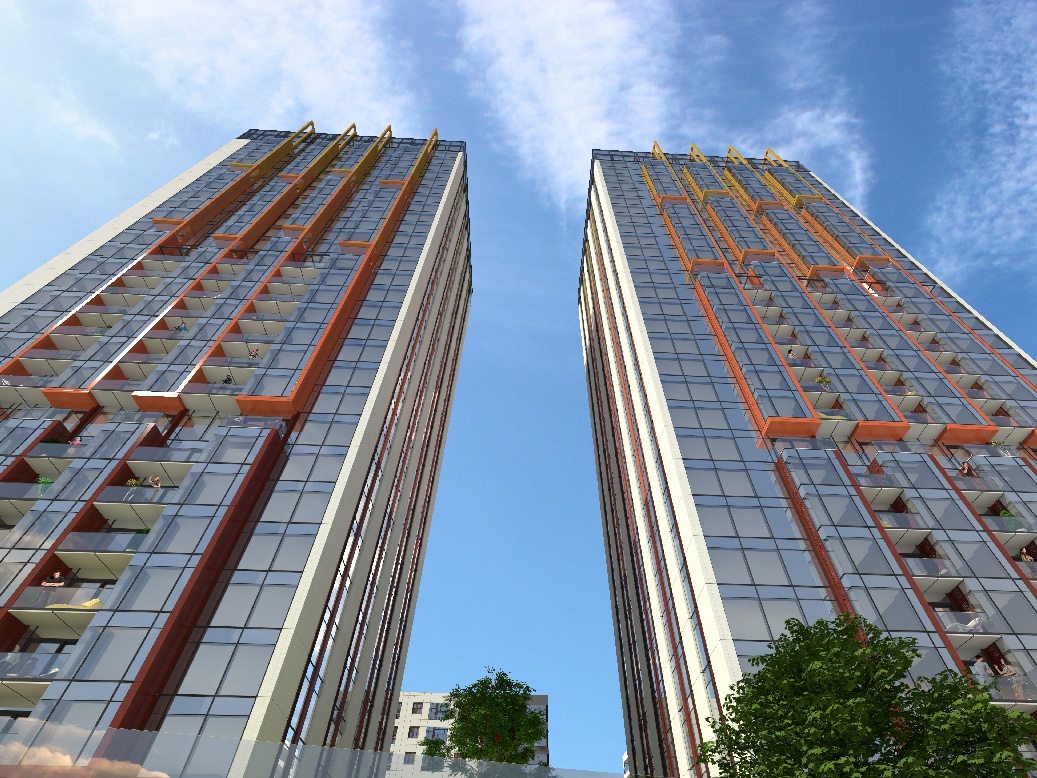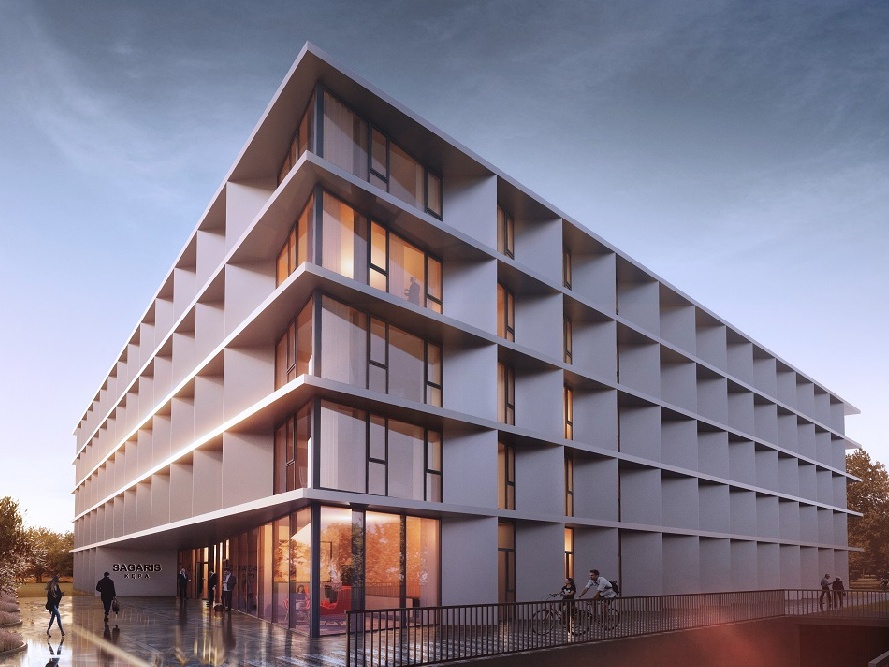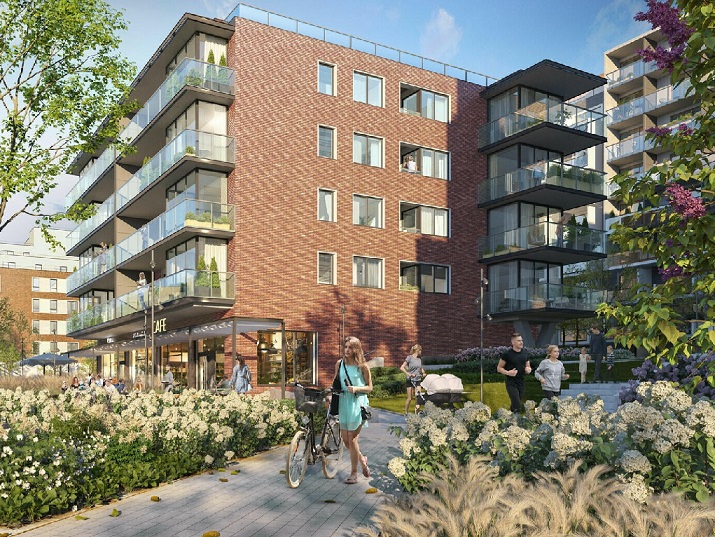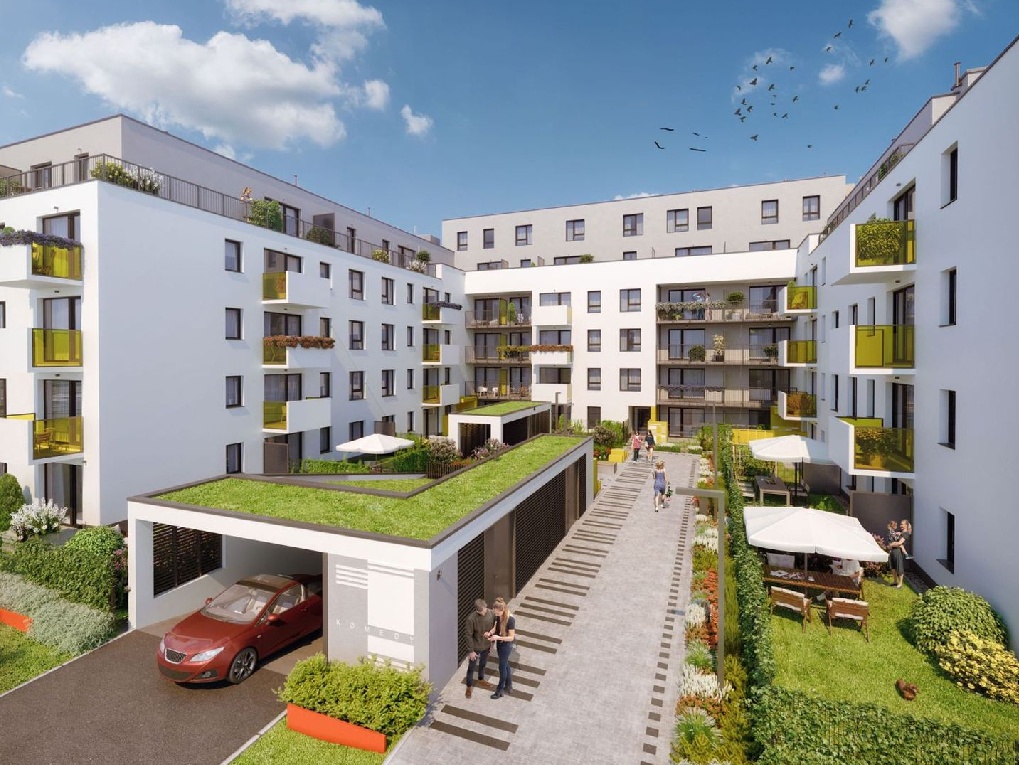PROPERTIES & RESIDENCE
Spain
€500,000 Investment in Real Estate

Pros of obtaining a property in Spain
Open and dynamic. In the last five years, the Spanish economy has steadily outperformed its European counterparts in a pre-pandemic scenario. Spain is one of the countries in the world with the least restrictive regulations on international investment.
A strategic hub. Spain has the largest road and motorway network in the EU, two of Europe's busiest airports, the third largest high-speed rail network in the world and is home to three of Europe's most important container terminals moving ports.
Well-trained human capital. A large proportion of the Spanish population has a higher education qualification. Compared to neighbouring countries, it is easier for companies to find specialised talent to fill their ICT vacancies in Spain, and at a cost that is more competitive than in other major European economies.
Support for innovation. Spain's tax burden is similar to the EU average. Spain offers subsidies and grants and has a comprehensive system of tax incentives and exemptions to promote RDI activity, knowledge transfer and job creation.
A longer and better life. Spanish people have a longer life expectancy than most countries in the world, thanks to its gastronomy and the enjoyment of leisure activities. Spain's universal healthcare is among the world leaders in the healthcare system.
Residence permits based on real estate ownership
The Spanish Residence Visa Permit, also known as the Spanish Golden Visa, is issued to non-EU residents buying property in Spain. The minimum investment in Spanish real estate per investor is €500,000.
In order to get a Spanish residence golden visa, you can buy:
- one or more properties
- residential, commercial or industrial property; or rural or development land
- property located anywhere in Spain
This residency will give you the possibility to live and work legally in the country as it implies a work permit.
You can easily include your relatives in your application and move to Spain with your family (they will also get their residency, just because you, the main applicant, meet all the requirements).
The residency for property buyers is 2 years. Once the period ends, you can renew it as long as you keep your investment in the country.
The number of years on this visa counts towards permanent residency (after 5 years in the country) and Spanish citizenship (after 10 years).
Residence permits based on new company formation
Non-EU nationals who wish to open a company and live in Spain need to obtain a so-called self-employment and residence permit. It allows you to work as a freelancer/company manager and register for social insurance in Spain.
Lee & Bronski find this procedure both long and complicated. If a number of criteria* are not found satisfactory by the immigration officers, your application will be declined despite your heavy investment of efforts, time and money.
*proof of availability of material means of production or service; proof of disposing of a venue, by property title or, if applicable, the lease of the premises; copy of the documentation accrediting the training and, if applicable, the professional qualification legally required; a detailed business plan containing market analysis, required licences, projected earnings and employment for the coming years, etc.; proof of disposing of the necessary financial investment to which reference is made in the business plan; and others.
Taxes & Rental income tax
Individuals performing activities in Spain are subject to tax based on residence and source of income. Residents are taxed on worldwide income. Non-residents are taxed on Spanish-source income and on capital gains realised in Spain only. Several tax exemptions may apply to expatriates.
Capital gains are calculated as the difference between the transfer price of an asset and its acquisition price.
Capital gains are taxed at a rate of 19% on the first €5,999.99, at a rate of 21% on the amount from €6,000 to €49,999.99 and at a rate of 23% on the amount from €50,000 onwards.
Under Spanish domestic law, an individual must join the Spanish social insurance system if work and residence permits are received. The rate of social insurance contributions is 6.35% of salary for employees, and the rate for employer contributions is generally 29.9% of salary. For 2020, the maximum base for employee contributions is €48,841.20. For 2020, the maximum annual contribution is €3,101.42 for employees and €14,603.52 per employee for employers.
Spain has entered into double tax treaties with 89 countries.
Other residence types in Spain
---
Which residence permits offer a path to permanent residency and citizenship?
---
Restrictions
---
Spain
Open and dynamic. The Spanish economy has steadily surpassed that of its European counterparts over the last five years, in pre-pandemic circumstances. Spain is one of the countries in the world with the least restrictive regulations for international investment.
Current OpportunitiesGrowth And Business Advantages
xxx
Real Estate Trends
xxx
xxx
xxx

Poland > Wroclaw — Sky Tower 48F
Wroclaw
Poland > Warsaw — Moxo House
Warsaw
Poland > Giant Mountains — Passive Income on Rental
Szklarska Poreba






